- Home›
- Healthy Living›
- 7 Probiotic Foods To Add To Your Diet
7 Probiotic Foods To Add To Your Diet
By: Kratika Sat, 22 Jan 2022 8:23:08
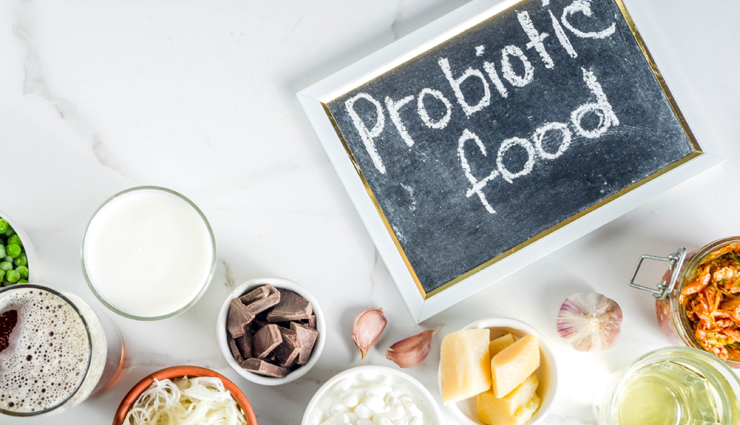
Probiotics are beneficial forms of gut bacteria that help stimulate the natural digestive juices and enzymes that keep our digestive organs functioning properly. In addition to taking a probiotic supplement, you can also support your probiotic intake through eating foods that are hosts to these live bacterium. We all know of the great health benefits of probiotics, however, not all of us know how to take advantage of these health benefits. Below is a list I put together to outline the best probiotic foods for you to add to your diet. I would also recommend buying the organic version of all these probiotic foods.
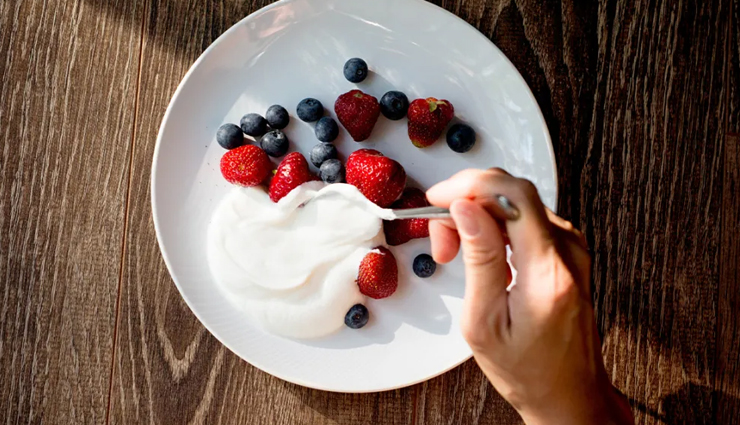
# Yogurt
Yogurt is made by fermenting any type of milk (dairy or plant-based) with a yogurt culture and letting it ferment for several days. It provides protein and calcium, and enhances healthy gut bacteria to help keep your digestive and immune systems functioning well. When deciding on what kind of yogurt to buy, choose a brand with live active cultures or better yet, make your own at home.
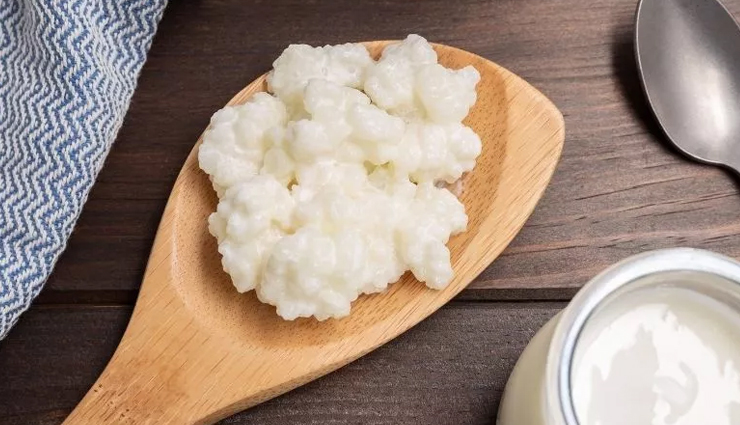
# Kefir
Similar to yogurt, this fermented dairy product is a unique combination of goat milk and fermented grains. High in lactobacilli and bifidus bacteria. Look for a good, organic version at your local health food store. There are also vegan kefir options and can easily be made at home.
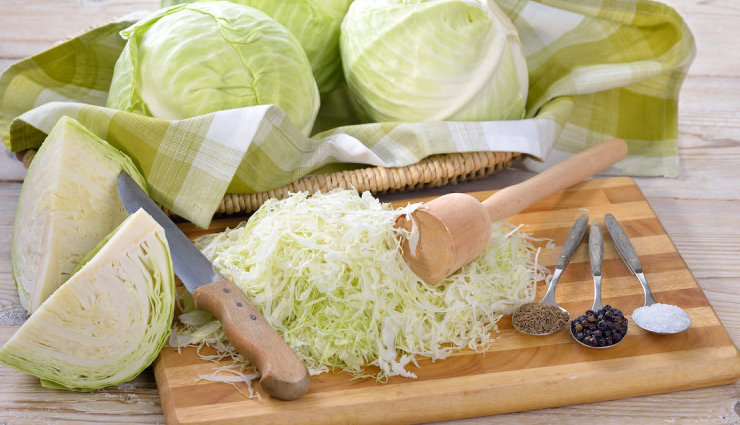
# Sauerkraut
Made from fermented cabbage (as well as other vegetables), sauerkraut is not only extremely rich in healthy live cultures, but also aids in reducing allergy symptoms. Sauerkraut is also rich in vitamins B, A, E and C.
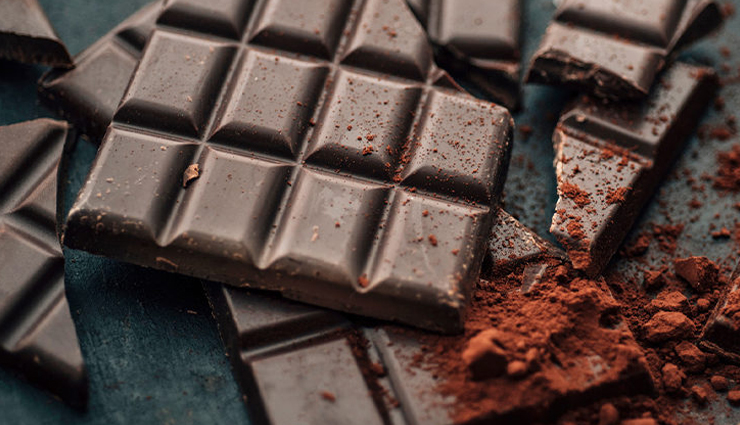
# Dark Chocolate
Yes, we did say chocolate! A good, high-quality dark chocolate has four times the amount of probiotics as many forms of dairy. This is only one of the many benefits of eating dark chocolate. Remember to eat chocolate in moderation.
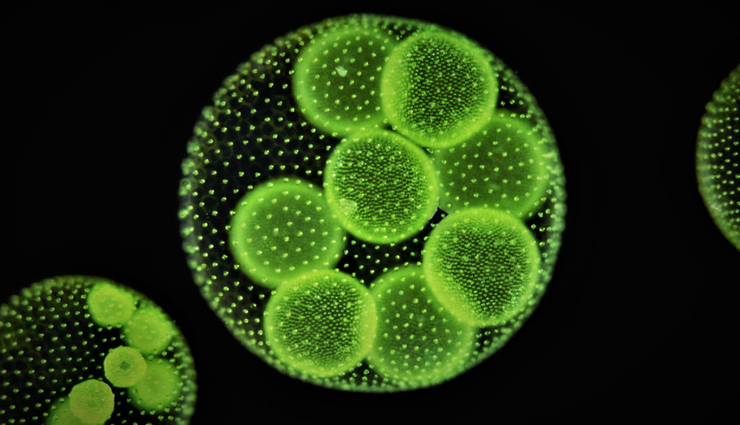
# Microalgae
This refers to super-food ocean-based plants such as spirulina and chorella. These probiotic foods have been shown to increase the amount of both Lactobacillus and bifidobacteria in the digestive tract. They also offer the most amount of energetic return, per ounce, for the human system. Microalgae are a source of a wide variety of nutrients such as omega-3 fatty acids, and are a particularly large source of protein.
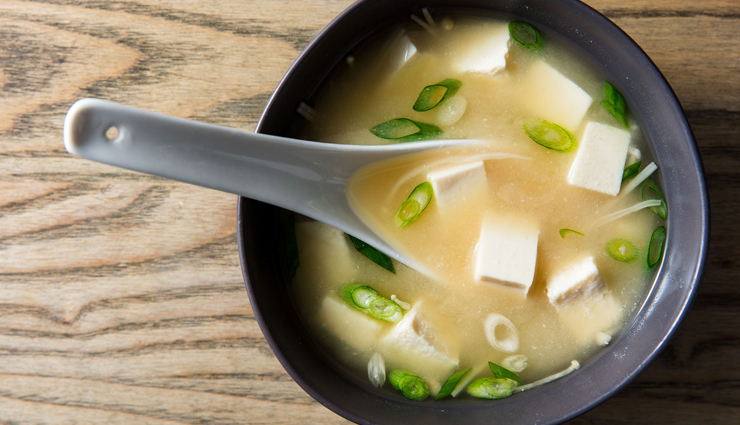
# Miso Soup
Miso is one the main-stays of Japanese traditional medicine, and is commonly used in macrobiotic cooking as a digestive regulator. Made from fermented rye, beans, rice or barley, adding a tablespoon of miso to some hot water makes an excellent, quick, probiotic-rich soup, full of lactobacilli and bifidus bacteria.nnBeyond its important live cultures, miso is extremely nutrient-dense and is believed to help neutralize the effects of environmental pollution, alkalinize the body and stop the effects of carcinogens in the system.
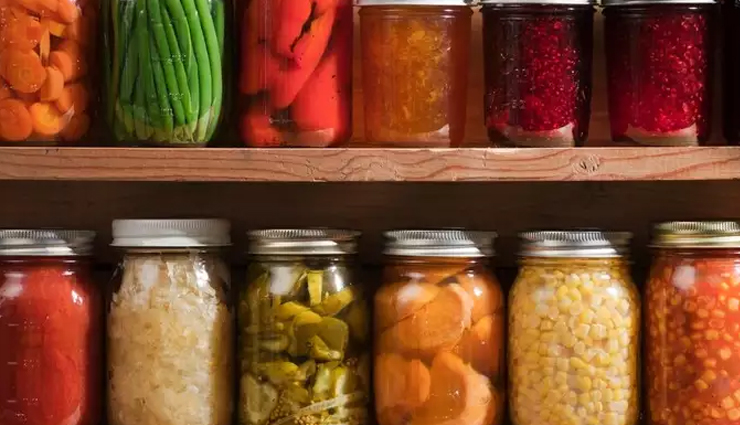
# Pickles
Believe it or not, the common green pickle is an excellent food source of probiotics. Try making your own home-made pickles in the sun. Here’s a great set of instructions for making your own.





